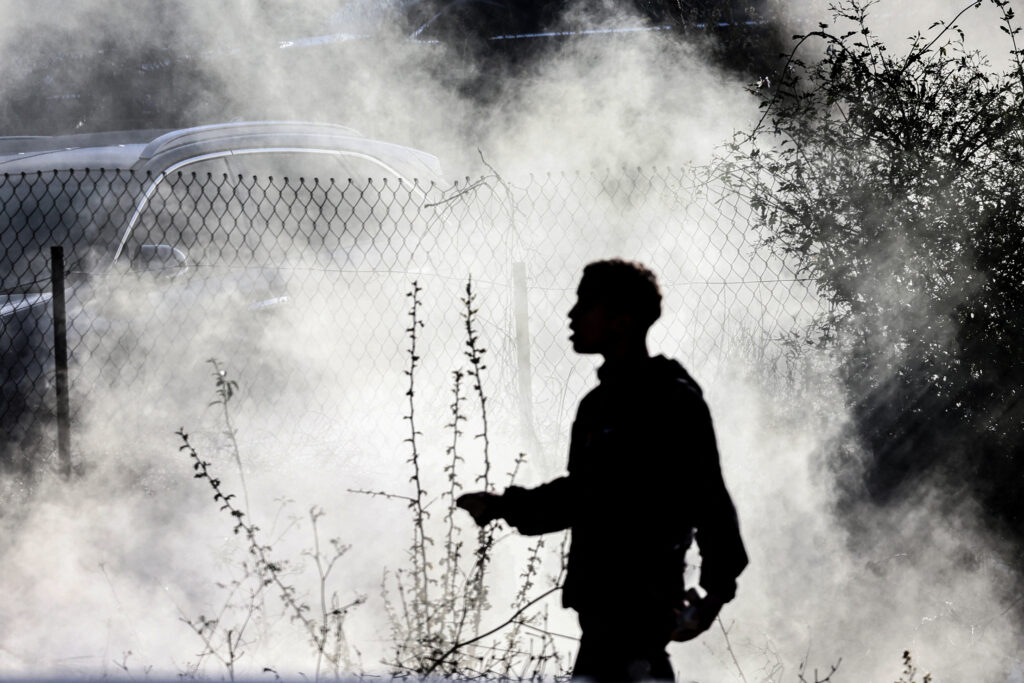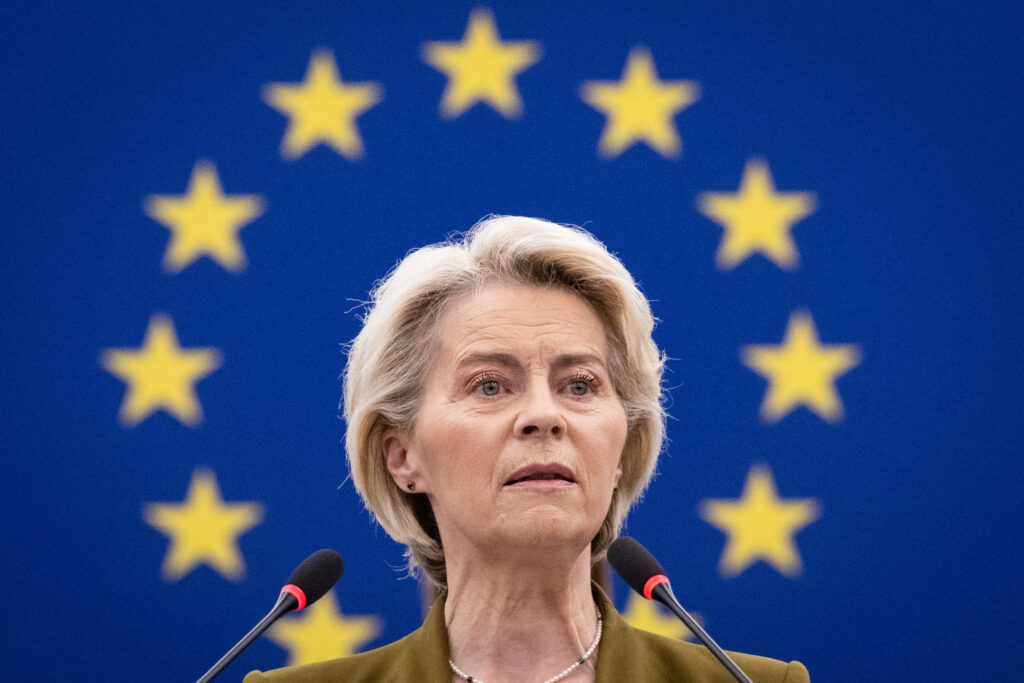By Nazry Bahrawi
Download Insight 57 Nazry HERE
Somewhere in Indonesia, an atheist is languishing in jail after expressing doubt over God’s existence on Facebook. In that posting last month, Alexander Aan espouses an age-old premise: God does not exist. If God exists, then why do bad things happen? There should only be good things if God is merciful.[1]
For now, the police have detained Aan to ensure his safety. After all, the 31-year-old civil servant was attacked by a mob soon after his declaration on the Facebook page he moderates, Ateis Minang, or Minang Atheists. Minang refers to the denizens of Minangkabau in West Sumatra, a region populated by a staunchly Muslim community.
However, his jail time could soon degenerate from an instance of protective custody to that of criminality. Despite reports of his repentance and intention to embrace Islam, authorities say Aan will still be charged for blasphemy.
In this, Aan’s case is reminiscent of the fifteenth century trial of 20-year-old Scottish student Thomas Aikenhead. Both were atheists and were tried for blasphemy. Aikenhead became Britain’s last person to be executed for that charge. Aan, meanwhile, faces a five-year jail term.
The move to prosecute Aan rests on the argument that he has violated the first of five doctrines of Indonesia’s national ideology, the Pancasila, or Five Principles. This is the belief in the one and only God. Since Indonesia’s independence in 1945, the Pancasila has informed subsequent draftings of the nation’s constitution. Yet, to rationalize Aan’s proclamation of unbelief as insulting to Islam and thus unconstitutional is flawed; it is anything but.
According to the late Indonesian theologian Nurcholish Madjid, the Pancasila‘s first principle does not exclude non-monotheism. Understood within the totality of Islamic theology, it is one that embraces the spirit of cosmopolitanism expressed through inclusive Qur’anic verses such as the oft-cited There is no compulsion in religion.
The Pancasila thus accords Buddhists, Hindus, and even atheists the right to practice and express their beliefs (or lack of them). This interpretation also gathers strength if we juxtapose its contentious first principle against the other four, all of which lend credence to inclusive ideals such as national unity and social justice. In this sense, it is not Aan’s proclamation that is unconstitutional, but the move to prosecute him that must be considered so.
Aan’s prosecution can also be read as a suspicion of a neurosis: that is, that atheists are not governed by the same fear of retribution that grips those with faith. They are therefore free and lawless, placing them outside the norms of a community.
Such fears are unfounded. Not only have some of the worst crimes in humanity’s history been justified through religion (Think 9/11, and voil), but many have also argued that the notion of ethics matters as much to a non-believer as it does to a believer. For instance, English philosopher A.C. Grayling points to the merits of humanism, where living the good life is not governed by a deference to Godliness but good relationships with other people.[2]
Aan’s dilemma is not his own. It is the world’s too if one considers that Indonesia has been hailed as an exemplary case of a progressive Muslim democracy for post-revolution Arab nations to imitate.[3] Egypt is a case in point, as the Muslim Brotherhood, whose members will lead the new coalition government, seriously considers this option. When I interviewed some of its members in Cairo last December, they spoke of emulating the Islamic hadhari, or civilizational aspects of the Muslim-majority states of Indonesia and Malaysia.
This is all well and good if they decide to mimic Indonesia’s propensity for the open contestation of ideas, which has led to the flourishing of innovative theological treatises such as Harun Nasution’s idea of rationalist Islam, Nurcholish Madjid’s notion of Islamo-democracy, and the nascent practice of ecotheology.[4] The worry for Egypt is not so much the plans of the Muslim Brotherhood, which has displayed signs that it will support civil liberties, as much as the more hardline An-Nour party. With a sizeable parliamentary representative and a mission to Islamize, this latter group might decide to walk the trickier parts of Indonesia’s path, and do unto Egypt’s minorities what Indonesia did unto Aan.
Nazry Bahrawi is cultural critic whose commentaries have been published in international newspapers such as theGuardian and the South China Morning Post. A former Chevening scholar from Singapore, he is now pursuing a doctoral degree in comparative literature at the University of Warwick. Between 2011 and 2012, he was a research associate at the Middle East Institute, National University of Singapore.
[1] Atheist Indonesian in Protective Custody After Being Beaten by Mob, The Telegraph, 20 January 2012. Available athttp://www.telegraph.co.uk/news/worldnews/asia/indonesia/9027145/Atheist-Indonesian-in-protective-custody-after-being-beaten-by-mob.html.
[2] A.C. Grayling, The Ethical Aspect of Atheism, lecture given at Gods and Politics Conference, Copenhagen, 18-20 June 2010. Available at http://www.youtube.com/watch?v=GafqxxgsdTo.
[3] Peter Alford, Indonesia ÔÇÿa Model for Arab Uprisings,’ The Australian, 27 August 2011. Available athttp://www.theaustralian.com.au/news/world/indonesia-a-model-for-arab-uprisings/story-e6frg6so-1226123161330. [4] Nazry Bahrawi, Helping Islam’s Green Shoots Grow, The Guardian, 17 November 2009. Available athttp://www.guardian.co.uk/commentisfree/belief/2009/nov/17/islam-indonesian-muslims-religious-environmentalism.





